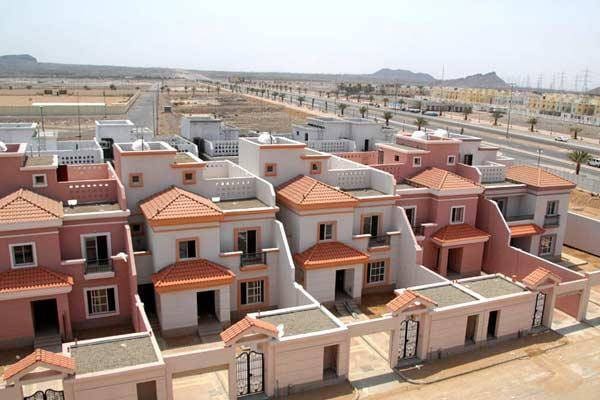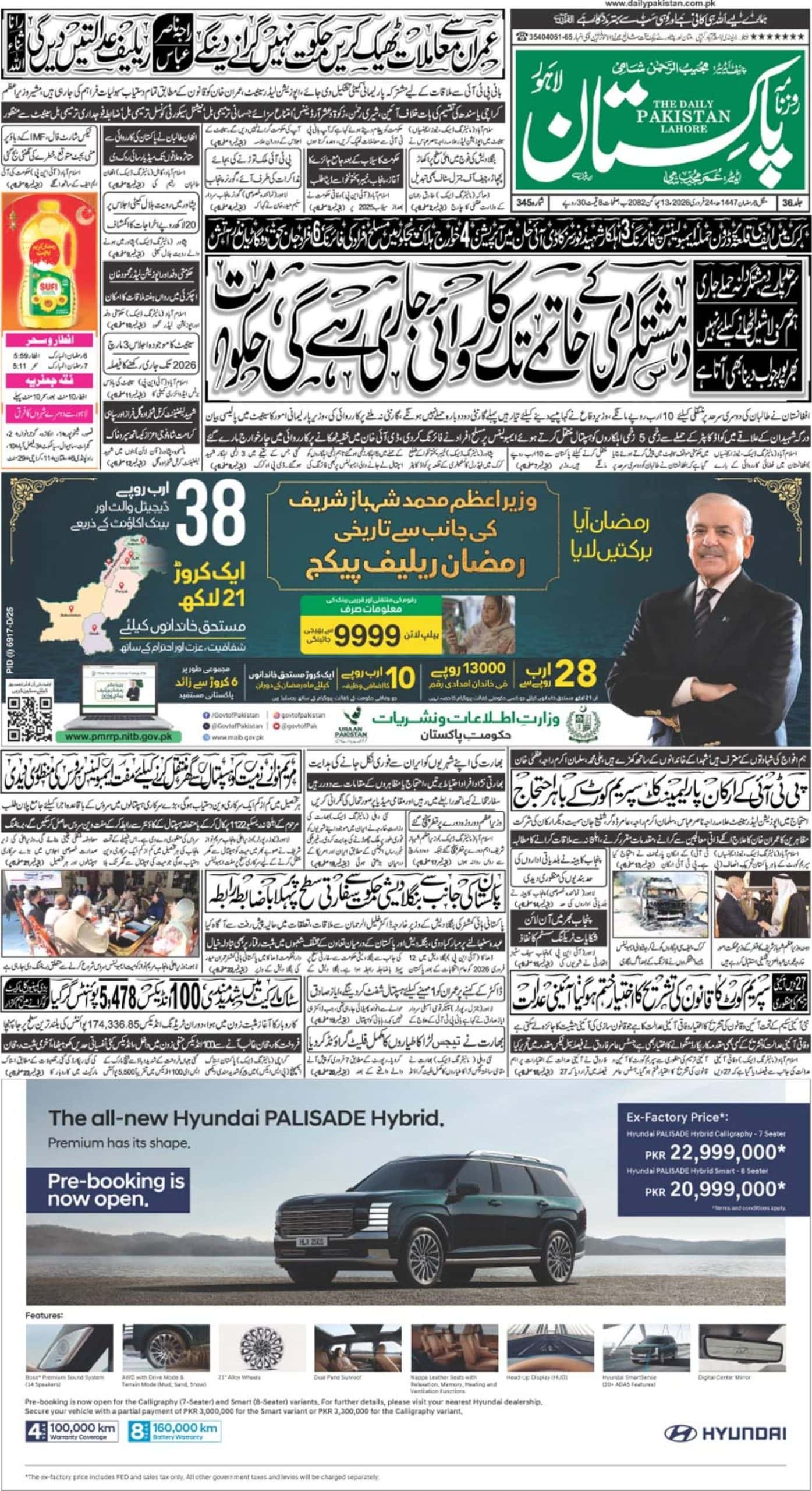RIYADH – In another development to spur tourism, Saudi Arabia has allowed its citizens to rent out their homes to visitors.
Minister of Tourism Ahmed Al-Khateeb has recently approved the new bylaw of private tourism hospitality under which a private tourist hospitality facility shall be part of a property designated either for residential or for agricultural use, and the total number of permits issued to a person in one property shall not exceed three.
The authorities though reserve the right to suspend the issuance of permits for a specified period in any geographical area. The bylaw also highlights the conditions to be met while applying for the permit, the most important of which is that only Saudi citizens can apply.
Submission of an electronic title deed or an electronic lease contract that proves the right of ownership or use of the property pertaining to the permit is also compulsory. The data of the applicant and the private tourism hospitality facility should also be updated.
The licensee is also bound not to allow others to use the permit issued in his/her name. Moreover, the landlord is also compelled to facilitate the inspector to perform his duties, cooperate with him and provide him with the required facilities.
Under the conditions, the licensee is not allowed to use the name or logo of the
ministry in any advertisement or marketing activity, except after obtaining its approval.
The ministry has also mandated that the quality of services should be ensured based on conditions including showing the basic data specified in the permit clearly to the tourist inside the private tourist hospitality facility.
It has also been clarified that an expired permit would not be used and pictures that correspond to the actual reality of the hospitality facility should be put up for advertisement.
On the other hand, the general guidelines for using the facility by the travel and
tourism service provider shall be displayed on a visible place inside the facility.
These instructions shall include details as under:
- Use of parking lots
- Disposal of waste
- Prohibited behaviors
- Dealing with lost items
- Customer service number
- Tourist and emergency phone numbers etc.
Besides, public hygiene and preserving the environment in all equipment and related facilities such as adequate ventilation, cleanliness and safety of
furniture and equipment, safety of ceilings and walls should also be ensured.
The ministry has also highlighted that once the reservation is confirmed, the facility should not refrain from providing the services without any legally acceptable reasons for the tourist; tourists shall be accommodated only after verification of the valid ID at the time of check-in.
The conditions are comprehensive including marketing and advertising of the
private tourism hospitality only through the providers of travel and tourism services, and continuous updating of the information of the facility and its data.
The bylaw also stipulates that any tourist should not be forced to vacate the residential unit after the check in unless through the intervention of the competent authorities, and in accordance with the relevant provisions of law.
Moreover, to safeguard the tourist, it is also not allowed to open the occupied residential facility without his/her permission, irrespective of whether the occupant is inside the facility or not.














